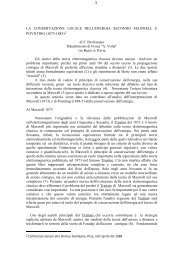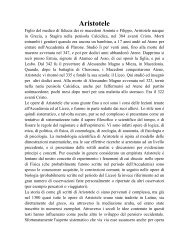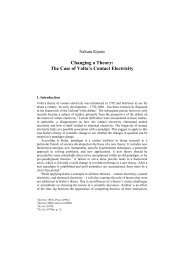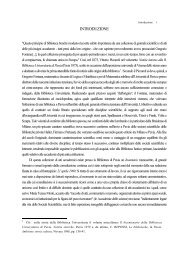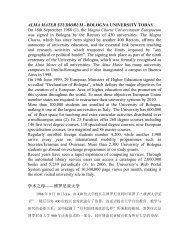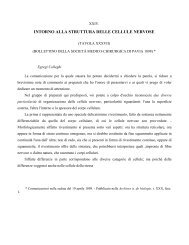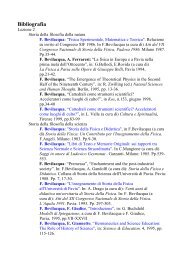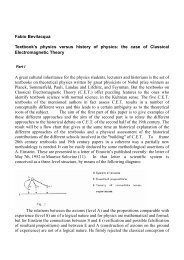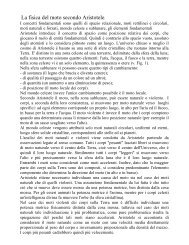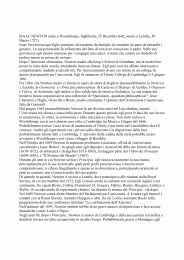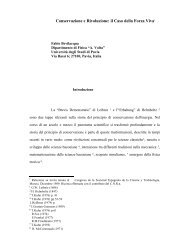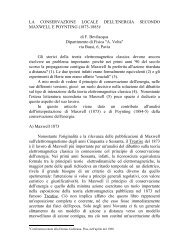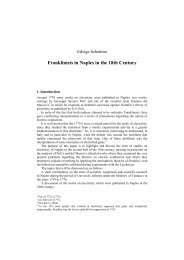Conservation and Innovation : Helmholtz's Struggle with Energy ...
Conservation and Innovation : Helmholtz's Struggle with Energy ...
Conservation and Innovation : Helmholtz's Struggle with Energy ...
You also want an ePaper? Increase the reach of your titles
YUMPU automatically turns print PDFs into web optimized ePapers that Google loves.
the origin <strong>and</strong> meaning of the principle, from different perspectives, of course.<br />
Helmholtz was a leader in the spread of theoretical physics in the second half of<br />
the century, <strong>and</strong> it is interesting to find out what was the judgement of his fellow<br />
scientists on his approach to the principle of energy conservation. At the turn of<br />
the century the great debates of the "now mighty theoretical physics" showed the<br />
progress achieved in this field: the mechanic, energetic, thermodynamic <strong>and</strong><br />
electromagnetic views of nature were the frameworks <strong>with</strong>in which basic studies<br />
on the history of energy conservation were written.<br />
But already in the eighties new interpretations of electromagnetic energy<br />
had opened the way to <strong>Helmholtz's</strong> shift towards Maxwell's theory of contiguous<br />
action <strong>and</strong> to the ab<strong>and</strong>onment of the traditional continental direct action at a<br />
distance approach (even if Helmholtz always translated Maxwell in his own<br />
terms of action at a distance plus dielectric). At the same time Helmholtz<br />
renounced the principle of energy conservation as the main basic tool in physical<br />
research <strong>and</strong> substituted it <strong>with</strong> the principle of least action (1886) 20. But after<br />
almost fifty years since the Erhaltung the basic aspects of his methodology were<br />
explicitly reasserted in a discussion of the foundations of theoretical physics 21.<br />
<strong>Helmholtz's</strong> latest results will have an influence almost exclusively on Hertz, but<br />
his continuous struggle shows a great methodological consistency. The<br />
"Einleitung" to the Lectures on Theoretical Physics of 1894 strongly resembles<br />
the methodology expressed in 1847.<br />
A few years later philosophers took an interest in the problems of the history <strong>and</strong><br />
foundations of energy conservation, <strong>and</strong> again Kantian influences were at issue.<br />
In recent times, towards the end of the neo-positivist trend historians again<br />
started to offer contributions on this important topic: perhaps it is time to try to<br />
put these latest efforts in historical perspective.<br />
From Physiology to Physics (1845-46)<br />
20 Helmholtz, Hermann. "Über die physikalische Bedeutung des Princips der kleinsten<br />
Wirkung." In Crelle's Journal 100 (1886) :137-166 <strong>and</strong> 213-222; Repr. in WA 3. Pp.203-248.<br />
21 Helmholtz Einleitung



